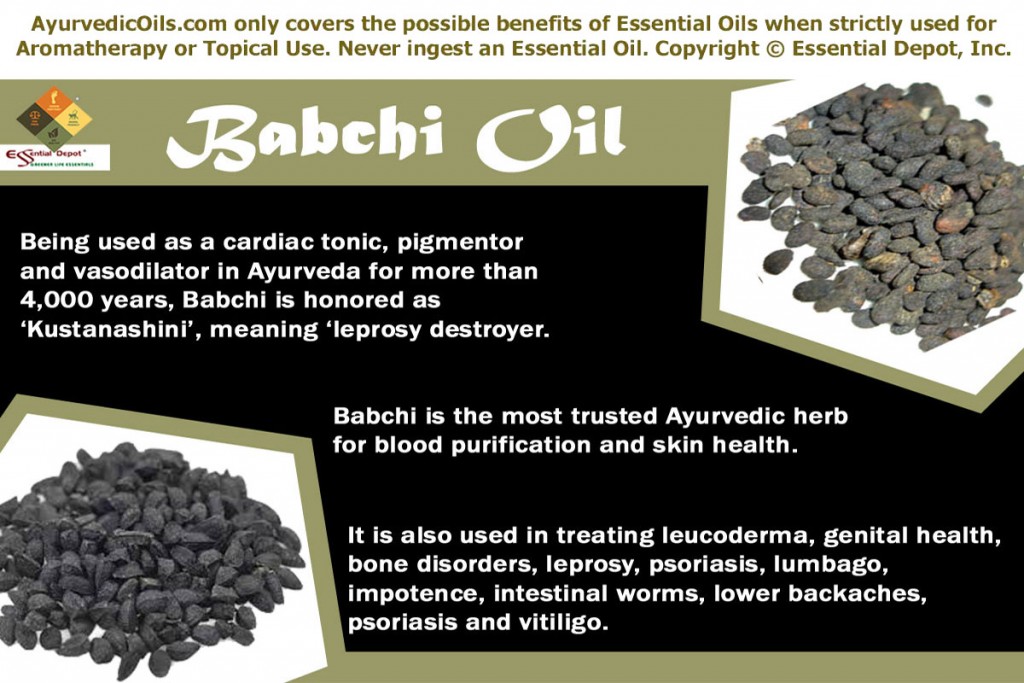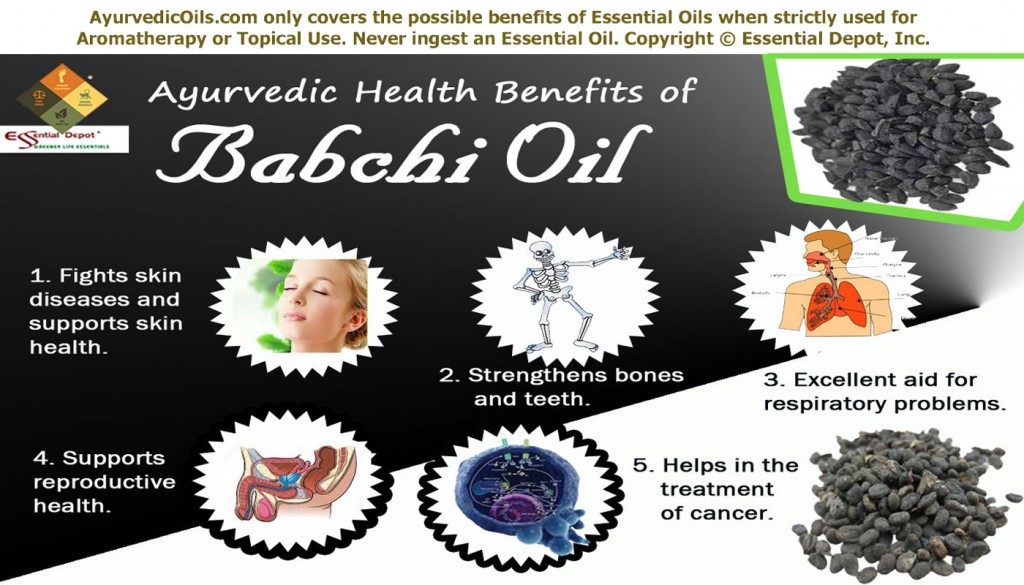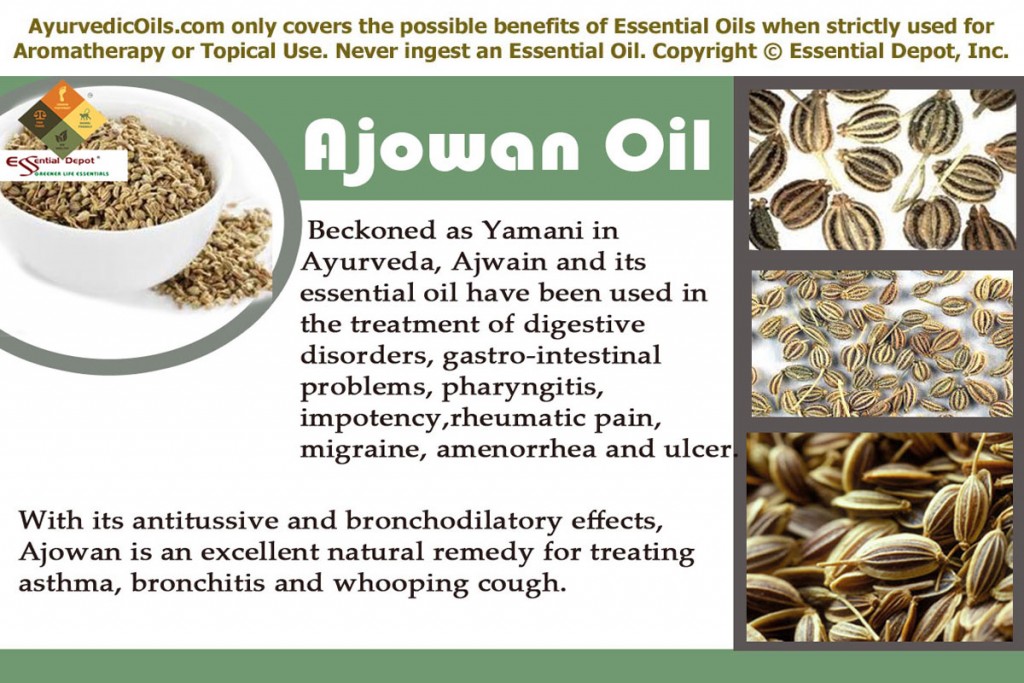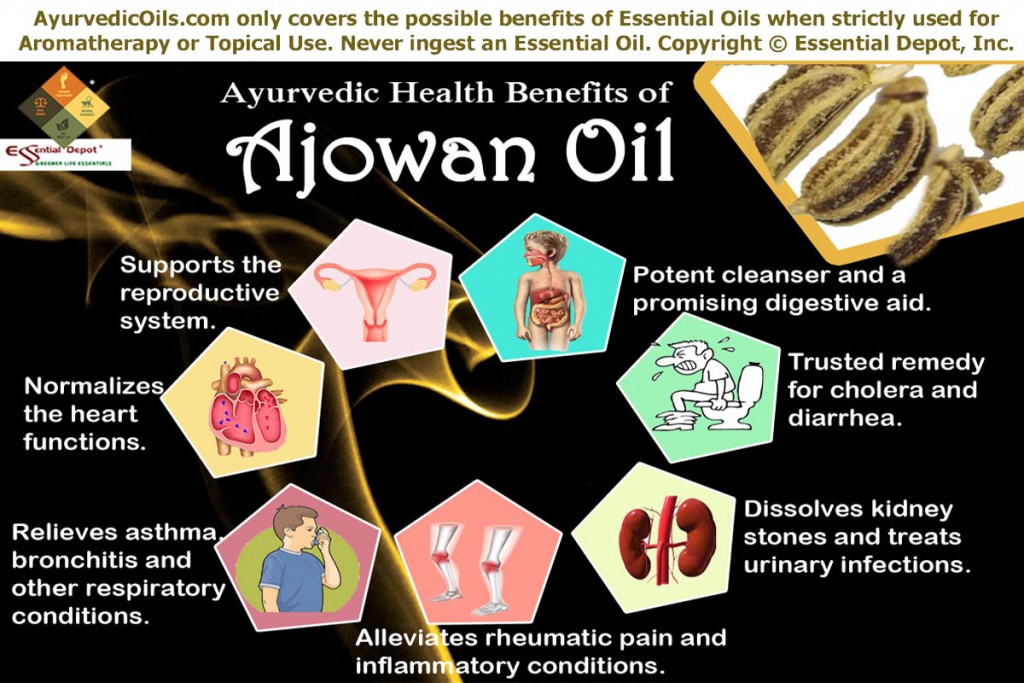‘Wood of God’ and Adam’s only permitted tree to be taken from the Garden of Eden is none other than Agarwood, where the resinous heartwood of this tree of epic charisma has been used across the globe for extracting its therapeutic essential oil and mesmerizing fragrance ranges.
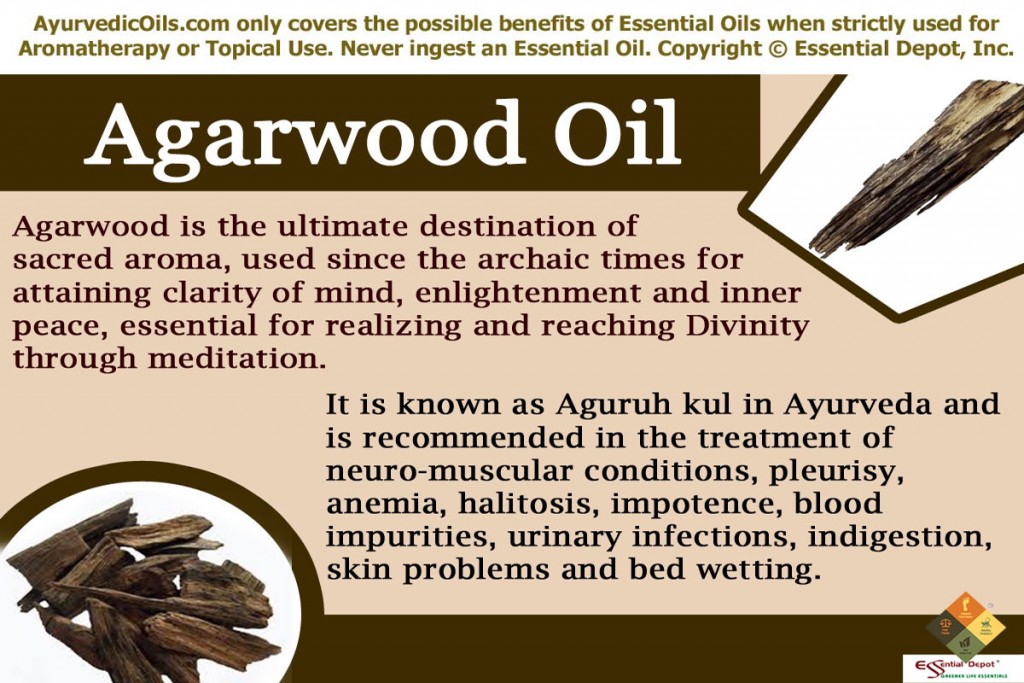 ‘Hitting the heaven’ is the kind of feeling one can get at breathing in the aromatic aura of Agarwood oil. Held high as the most captivating fragrance for progressing towards a divine journey, Agarwood and its sacred fragrance has been a part of various earliest cultures of the globe for attaining clarity of mind, enlightenment and inner peace, essential for realizing and reaching Divinity through meditation and other sacred rituals.
‘Hitting the heaven’ is the kind of feeling one can get at breathing in the aromatic aura of Agarwood oil. Held high as the most captivating fragrance for progressing towards a divine journey, Agarwood and its sacred fragrance has been a part of various earliest cultures of the globe for attaining clarity of mind, enlightenment and inner peace, essential for realizing and reaching Divinity through meditation and other sacred rituals.
Called as Aguruh kul in Ayurveda with the Sanskrit meanings like Vruksha, Shreshta, Rajarha and Vishvaroopakam, Agarwood is popularly known as Agar has been an Ayurvedic medication for neuro-muscular conditions, pleurisy, anemia, halitosis, impotence, blood impurities, urinary infections, indigestion, skin problems, heart problems, pain and bed wetting.
Purchase Agarwood Oil – Wholesale – CLICK HERE
Historical uses and importance of Agarwood oil:
Agar is a limb of the Thymelaeaceae plant family and the most popular among the 15 species of this plant variety are Aquilaria agallocha, Aquilaria sinensis, Aquillaria crassna and Aquilaria malaccensis, based upon its origin and growth.
Popularly beckoned as Oudh, Oud, Gaharu, Agar, Eaglewood, Aloeswood and Agarwood, this tree has been claimed indigenous to various parts of the world, including India, Malaysia, Southern China, Laos, Myanmar, Thailand, Indonesia, Philippines and Cambodia.
The source of this tranquilizing fragrance of this oil is from its heartwood, which gets developed very slowly, may be hundreds of years after being infected by a parasite fungus, namely phialophora parasitica. Owing to this fungus attack, Agarwood tree starts producing an aromatic resin deep within the heartwood, naturally.
Agarwood has its mention in numerous rich Vedic and historic texts like Sahih Muslim, Charaka Samhita, Torah, Bhagavat Gita, Sushruta Samhita, Islamic scriptures and Gospel. Agarwood has been the favorite fragrance of Lord Krishna, held as the God of protection and the hero of the ancient Sanskrit text Bhagavat Gita.
Buddha has stated that the fragrance of burning Agarwood is the authentic “scent of Nirvana” (the state of attaining Divinity). The string of beads counting 108 in Buddhism is made up of Agarwood. Bible also mentions that Jesus Christ have been scented with Aloes (Oud).
The Prophet Muhammad (PBUH) performed the cultural tradition of fumigating with Agarwood and is followed even today among the Orthodox Islamic community.
He also states that Agarwood is a part of the Paradise and his quote, “The first group of people who will enter Paradise, will be glittering like the full moon and those who will follow them, will glitter like the most brilliant star in the sky. The aloes-wood will be used in their centers” proves it commendably.
It is also said that the valiant Samurai warriors used Agarwood smoke to perfume their armour as a lucky charm before going to the battle. The celebrated king of France, King Louis XIV had his garments washed in a blend of water boiled with Agarwood and rose for lasting fragrance and energy.
Agarwood has been a part of various Alternative medicinal practices including Ayurveda, Unani, the Traditional Chinese Medicine, Sufi medicines, Tibetan, Arabic and certain other East Asian medicinal systems as a medication for psychological conditions, cirrhosis of the liver and for various skin problems.
Chemical constituents and remedial properties of Agarwood oil:
The most prominent chemical constituents of Agarwood oil are agarol (sesquiterpene), aquillochin (couinarinolignan), α- agarofurans, β- agarofurans, agarospirol, jinkohol, jinkohol-eremol, selinene, iso- dihydroagarofuran, kusenol, and dihydroagarofuran.
The therapeutic properties accounting to its enormous healing benefits are rejuvenative, tonic, anti-rheumatic, aphrodisiac, diuretic, anti-stress, antimicrobial, carminative, anti-convulsant, anti-asthmatic, anti-cancer, relaxant, analgesic, transformative, digestive, antioxidant, psychoactive, detoxifying, diaphoretic, anti-depressant.
Ayurvedic health benefits of Agarwood oil:
Anyone in today’s contemporary and perfunctory world would simply opt for Ayurveda, if given a chance to relax, revitalize and charge up the entire system. This is no wonder because the world knows that Ayurveda is the oldest of all the healing methodologies in the Universe and its existence dates back to more than 5000 years.
Having its roots tied up with the ancient Indian mythology, Ayurveda is talked about in 114 verses in Atharvaveda, one among the four prized Vedas or Sacred books of the Hindu tradition.
Ayurveda is not just a system of healing with natural medicines and Ayurvedic essential oils, instead it’s a whole pack of holistic healing comprising of healthy lifestyle, natural and nutritious food, Karma or the dutiful life practices, maintaining absolute harmony with Nature, Dharma or the disciplined living, detoxification or the eliminating of toxic remains in the system, treating the root cause of the illnesses, unique healing practices like Abhyanga and Panchakarma, unity with the Divine force through prayer or meditation and staying fit by taking up yoga, Pranayama or the Ayurvedic breathing technique and simple physical exercises.
Ayurveda regards that every person is a unique individual with unique physical, psychological, social and emotional set up. As no two persons are the same, the treatment and medications should not be the same for two persons affected even with the disease.
Ayurvedic philosophy declares that every person is made up of the five elements of nature, namely fire, air, water, sky and earth. The combination of these five fundamental elements combine together to form the biological energies called as doshas. They are vata (air and space), pitta (fire and water) and kapha (water and earth).
Every person has a predominance of any one these doshic energies that determine his character, traits and personality. Balance between these doshas indicate that the human body is in harmony with Nature and imbalance of doshas result in diseases and are direct pointer that the system is out of balance with Nature.
Ayurveda studies this individual constitution of a person along with his medical history and traces out the root cause of a disease. It helps an individual to renew his balance with nature and prevent such illnesses in the future also.
Ayurvedic essential oils are the life essence of plants and are used in Ayurvedic medication for thousands of years in the treatment methods like Ayurvedic massaging or Abhyanga, Ayurvedic detoxification or Panchakarma, Pranayama or Yogic breathing, Aromatherapy and in meditation and prayers.
Agarwood has been an important part of the Ayurvedic regimen and has been talked about in Ayurvedic encyclopedia, Charaka Samhita and Sushruta Samhita.
Bhagavata Purana quotes, “The men and women of the city, arrayed in spotless raiment and anointed with fragrant sandalwood paste, wore precious necklaces, flower garlands and jeweled ornaments, and their opulent homes were filled with the aroma of aguru”, where Aguru is nothing but Agarwood. This proves the use of this spiritual fragrance even during the primordial times.
Agarwood essential oil is said to pacify vata and kapha doshas in excess and enhance pitta energy.
The most significant Ayurvedic health benefits of Agarwood oil are:
 Apart from these promising health benefits, Agarwood and its essential oil has been a vital part of the perfume industry since ages together. It’s time to learn the medicinal uses in detail.
Apart from these promising health benefits, Agarwood and its essential oil has been a vital part of the perfume industry since ages together. It’s time to learn the medicinal uses in detail.
1. Illuminates the mind and fortifies the power of thinking:
Mind is a faculty of thought, consciousness, intellect and one’s ability to think, sense and reason. Your thoughts are the first move to your actions. The power of thinking would always be healthy and positive only when you have a clear mind sans negative ideas.
Known as the inner organ of awareness or consciousness in Ayurveda, Mind is often termed as electricity generated from the power station called as soul, which is the only reserve of intelligence and it glows with its own light. When you have clarity of mind, your mind never wanders around, it starts focusing only on the right with the kind of consciousness it has acquired from the soul.
The heartening fragrance of Agarwood oil has the power to fuel the mind with mental clarity and drives in inner consciousness. Inhaling 2 drops of Agarwood oil by adding it to diffuser can assist in driving away negative energies, alleviating anxiety, enhancing alertness, increasing the sense of strength, bringing in tranquility, augmenting cerebral functioning and strengthening the nervous system.
This can also support in enhancing your power of creative thinking. It is mainly because creative thoughts strike the mind when it is absolutely free from worries, anxiousness and negative feelings. This way Agarwood can help everyone in your family to think better, may be in performing your duties better in the office, to cook innovative food varieties, to learn and understand better and what not.
2. Elevates the emotional quotient:
Agarwood is often regarded as a glorious tree in the Traditional Chinese Medicine for its excellent medicinal and spiritual benefits. The Chinese usually call the captivating fragrance of Agarwood oil as “a sweet, deep but balanced fragrance”.
Agarwood oil is often regarded as a unique oil of rescue, especially from emotional trauma. It has been also said that the therapeutic properties of this oil is highly powerful in harmonizing the electrical frequencies of the brain.
Agarwood oil has been used by the Tibetan Monks for increasing the inner energy that could pass on absolute tranquility to the mind and the soul. It is for this reason; Agarwood oil has been a part of numerous traditions during spiritual ceremonies and esoteric gatherings. In Buddhism, Agarwood is used for clearing away lack of ignorance.
The famous Chinese tradition Feng Shui, which is an art of controlling the flow of energy in a particular spot, has associated Agarwood in helping with it as the sacred fragrance of Agarwood is said to penetrate through the senses and enrich the spirit.
3. Paves way for spiritual enlightenment:
Meditation, prayers and certain other divine gatherings aim at the realization and oneness with Divinity. This is the most complex chore, as it requires absolute concentration, mental stability and clarity of the mind to attain the heavenly powers.
The sacred fragrance of Agarwood and its oil is said to have psychoactive properties that aid in progressing towards a sanctifying spiritual journey by instilling deep inner peace, consciousness, emotional constancy, positive energy, increased awareness and enhanced psychological functioning.
Certain ancient texts quote that the incense of Agarwood transmits the prayer to the Almighty. Adding 2 drops of Agarwood oil with 1 drop of Sandalwood oil in diffuser or vaporizer during prayer, meditation, Pranayama or other sacred gatherings can help in feeling the connection with the transcendent, alleviating detrimental or negative thoughts that spoil concentration and supporting the insight of experiencing divinity from within.
Agarwood and its enthralling aroma has been said to stimulate Qi, which is the ‘vital force’ or ‘life energy’ and is the fundamental principle in the Traditional Chinese Medicine and Martial Arts. Ayurvedic medication recommends Agarwood oil for augmenting mental clarity, opening Agna or the third eye and all of the chakras in the upper part of the body, which is often associated with divinity.
4. Alleviates pain including rheumatic and arthritic conditions:
Agarwood oil is an excellent kapha suppressant, which eliminates surplus water deposits and toxic remains in the body through sweat or urine. With its analgesic, anti-rheumatic and anti-inflammatory attributes, this oil supports in relieving pain quickly and reducing inflammation associated with rheumatism and arthritis.
Massaging the affected parts, especially the joints with 2 drops of Agarwood oil, 2 drops of Clove oil with 2 ml of coconut oil can help in clearing blood impurities, flushing out toxins, salt and uric acid in the system by promoting frequent urination, reducing pain and soreness and enhancing blood circulation. You can also use 2 drops of Agarwood oil in hot or cold compress for soothing muscular pain.
5. Spices up your sexual verve:
The oil of Agarwood often becomes an interesting remedy for reproductive problems with its stimulating aroma and spirited aphrodisiac properties. Since the primeval period, Agarwood and its enticing oil has been used for people undergoing sexual problems.
As it works as an excellent relaxant that promotes peaceful sleep, treats fatigue, alleviates stress and boosts mental health, Agarwood is often used as an “All in one remedy” for improving vigor and vitality.
Massaging your body with 5 drops of Agarwood oil, 5 drops of Ashwagandha oil, 2 drops of Sandalwood oil and 2 drops of Lavender oil with 10 ml of Olive oil can help in influencing good sleep, soothing the system, enhancing the libido, treating premature ejaculation, increasing sperm count and for curing erectile dysfunction. You can also add 2 drops of Agarwood oil in warm bathing water before going to bed.
6. Supports the digestive functions:
The digestive, carminative, anti-flatulent and stomachic properties of Agarwood oil supports in expelling gas in the intestines and stomach and it also prevents the digestive system from building up of gas.
Adding 1 drop of Agarwood oil along with 1 drop of Peppermint oil in a cup of warm water and gargling with this medicated solution can help in alleviating bad breath, tastelessness and nausea. Massaging your tummy with 3 drops of Agarwood oil along with 2 ml of sesame oil can help in supporting the secretion of gastric juices and digestive acids that treat indigestion, bloating, flatulence and intestinal infections.
7. Invigorates your skin health:
Agarwood oil is an excellent natural remedy for nourishing the skin from within. With its ability to scavenge free radicals in the system, Agarwood oil fight against the symptoms of aging like wrinkles, fine lines and marks.
Ayurveda beckons Agarwood as Kushtanut, means remedy for skin diseases. It is called as Dushta Vranashodhana for its power to clean wounds, Krumihara for treating infected wounds, and Kushtahara for relieving itching and soreness of skin. It is also known as Tvachya for it is extremely useful in detoxification of skin.
1 drop of Agarwood oil and 1 drop of Lemon oil added to your soap-free cleanser can help in clearing away marks, improving skin complexion, encouraging blemish-free glow and granting a younger and healthy looking skin. It is for these reason Agarwood has been a part of various celebrated skin care products including skin lightening creams and soaps.
Other health benefits:
Agarwood oil is also used in the treatment cirrhosis, epilepsy, hepatitis, fever, depression, gastric cancer, abdominal and lung tumors and nervous system disorders.
Disclaimer:
This information is only for the use of education and is not meant for replacing any prescribed medicines or professional medical advice or for diagnosing any kind of health conditions. We are not healthcare professionals and we take up a collective interest to share and spread the awareness of Ayurveda, the holistic and oldest of all remedial practices in the world for which it is rightly called as the Mother of all healing sciences on earth.
Never ingest essential oils and do remember to dilute them in appropriate carrier oils like Jojoba oil. This is due to the fact that organic and unadulterated essential oils are highly concentrated liquids and direct application of essential oils on the skin may lead to allergic reactions. Due care should be taken if you are a nursing mother or carrying. Keep out of reach of children.
Speak with your healthcare practitioner or Ayurvedic expert before taking your call on the suitable essential oils for your state of health and unique individual constitution.
Thought for the day:
Beyond a pleasant smell, a drop of Agarwood essence will softly invade your lungs, your mind, your body and spirit” – Trygve Harris, aromatherapy expert.
Suggested Reading:
- Natural Beauty: Radiant Skin Care Secrets & Homemade Beauty Recipes From the World’s Most Unforgettable Women (Essential Oil for Beginners Series) by Elizabeth Fellow
- The Encyclopedia of Aphrodisiacs: Psychoactive Substances for Use in Sexual Practices by Christian Rätsch, Claudia Müller-Ebeling
- Fragrance & Wellbeing: Plant Aromatics and Their Influence on the Psyche by Jennifer Peace Rhind
- Healing Your Life: Lessons on the Path of Ayurveda by Marc Halpern
- The Incense Bible: Plant Scents That Transcend World Culture, Medicine, and Spirituality by Dennis J Mckenna, Kerry Hughes
Reference Links:
- Agarwood by Wikipedia
- Overview of the Agarwood oil industry by Dr. Pakamas Chetpattananondh, Department of Chemical engineering, Prince of Songkla University, Thailand
- Agarwood, a closer look at the ‘Wood of God’ published in the Special Feng Shui Edition
- Medicinal and traditional uses of Agarwood by The Cropwatch files

